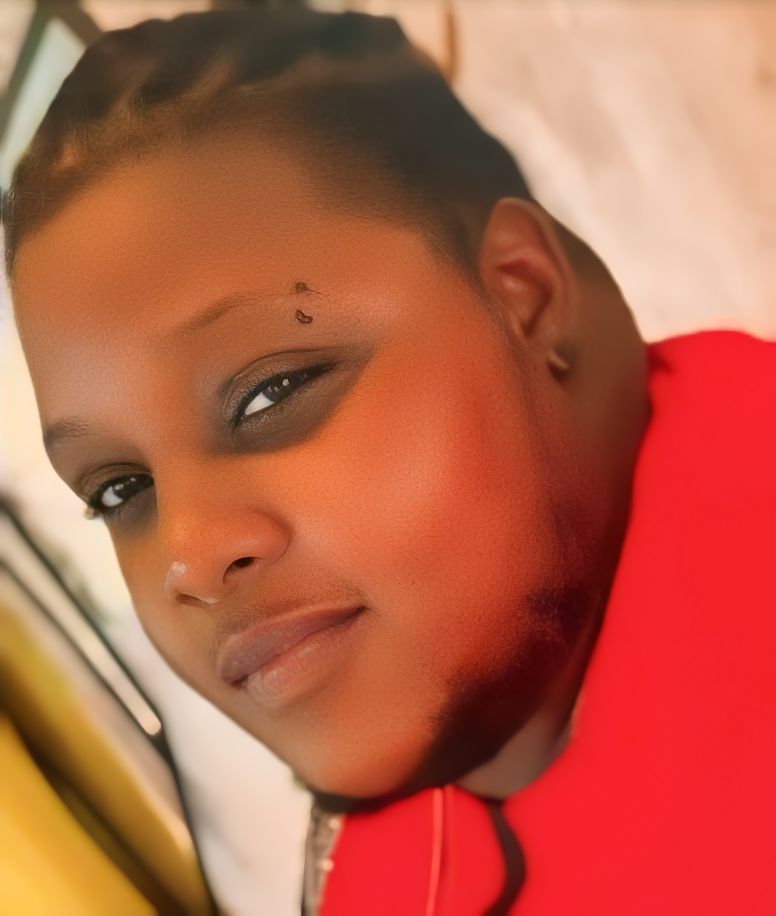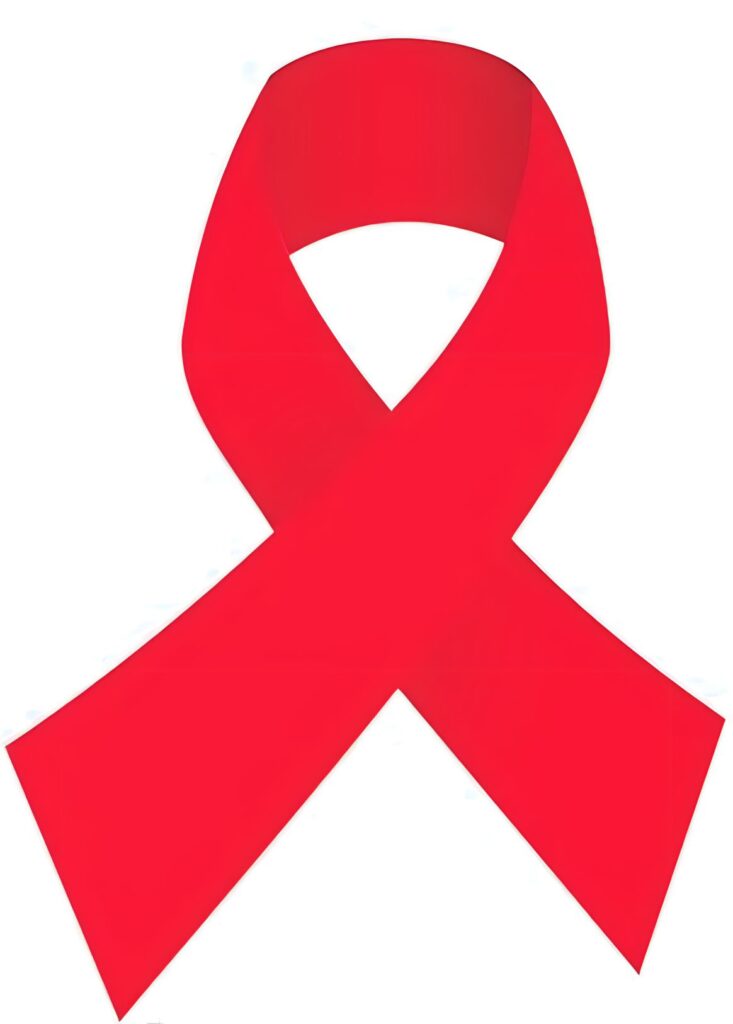Haiti: Anarchy, risk of famine, difficulty accessing HIV drugs
Moïse Manoël-Florisse, is an African-Caribbean online journalist keeping an eye…
Food, HIV drugs, security, international aid are in short supply

Haitians who are HIV-positive, including trans people who discover their HIV status in Haiti, are facing difficulties getting vital HIV drugs and other medical treatment, says Dominique Rebel Saint-Vil, executive director of the Organisation des Personnes Trans d’Haïti (OTRAH).
Barriers to receiving health services come as violence, chaos and anarchy reign in the capital, Port-au-Prince, which is being methodically ransacked by gangs.
“There’s no shortage of antiretrovirals, but for people who have finished their treatment and want to renew it, access to medication is not easy,” Saint-Vil said. “It’s difficult for doctors, carers and patients to travel to meet up and ensure quality medical care.”

In the wake of Prime Minister Ariel Henry’s announcement in early March that he will resign, the country has had difficulty forming a transitional council. The planned transitional council enjoys the support of the international community, pending future elections, but has no control over the country.
This month, the U.N. World Food Program warned that 1.4 million Haitians are “a step away from famine”.
“The situation is very difficult” Saint-Vil said. “I live in my organisation’s offices in the town of Croix des Bouquets on the outskirts of Port-au-Prince. There are now a total of eight of us, all trans or non-binary people, who have had to abandon our homes in the face of the rising violence.
“For my organisation, that’s 8 mouths to feed morning, noon and night, not to mention the other expenses. Our premises are not designed for accommodation, so we sleep on mattresses on the floor, in the exceptionally serious security situation in and around Port-au-Prince.

“I have taken steps to obtain support from international donors, but in the meantime I have had to dip into my savings and there is a risk that by mid-April our cash flow will have dried up.
“As far as the banks are concerned, they don’t open every day and they are located in Pétionville, where you have to be able to get around on a moped, not without risk. For an organisation like ours, with its cash flow under pressure, this is a real headache that we have to live with.
“As far as access to drinking water is concerned, the situation has improved slightly since last week, and I have enough gallons for several weeks. On the other hand, there are still petrol shortages, and that’s putting the brakes on all our travel, not to mention the omnipresent insecurity.
“In the midst of all these difficulties, fortunately the Internet is still working, and that means we can keep in touch by organising a few online activities with people who live elsewhere in the country, where the situation is not as bad.”
OTRAH is seeking donations. Click on this link to discuss a gift.




Uganda’s anti-LGBTQI+ speaker at the center of a corruption scandal